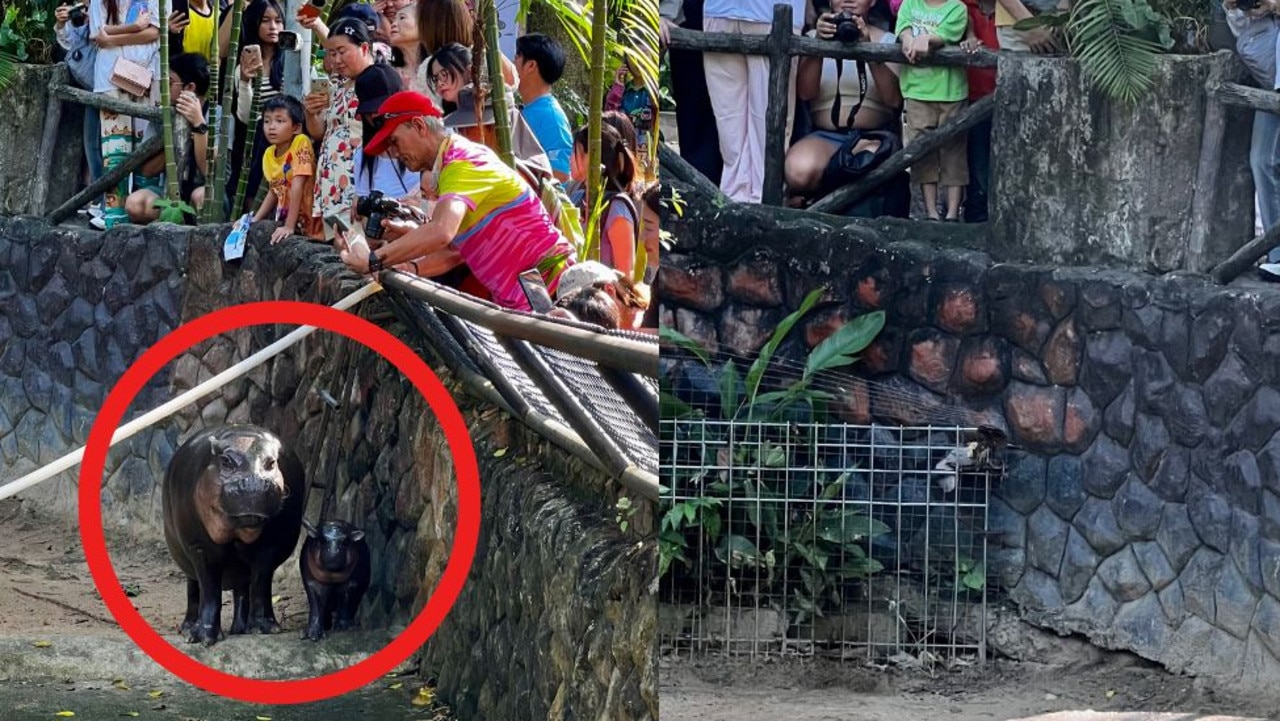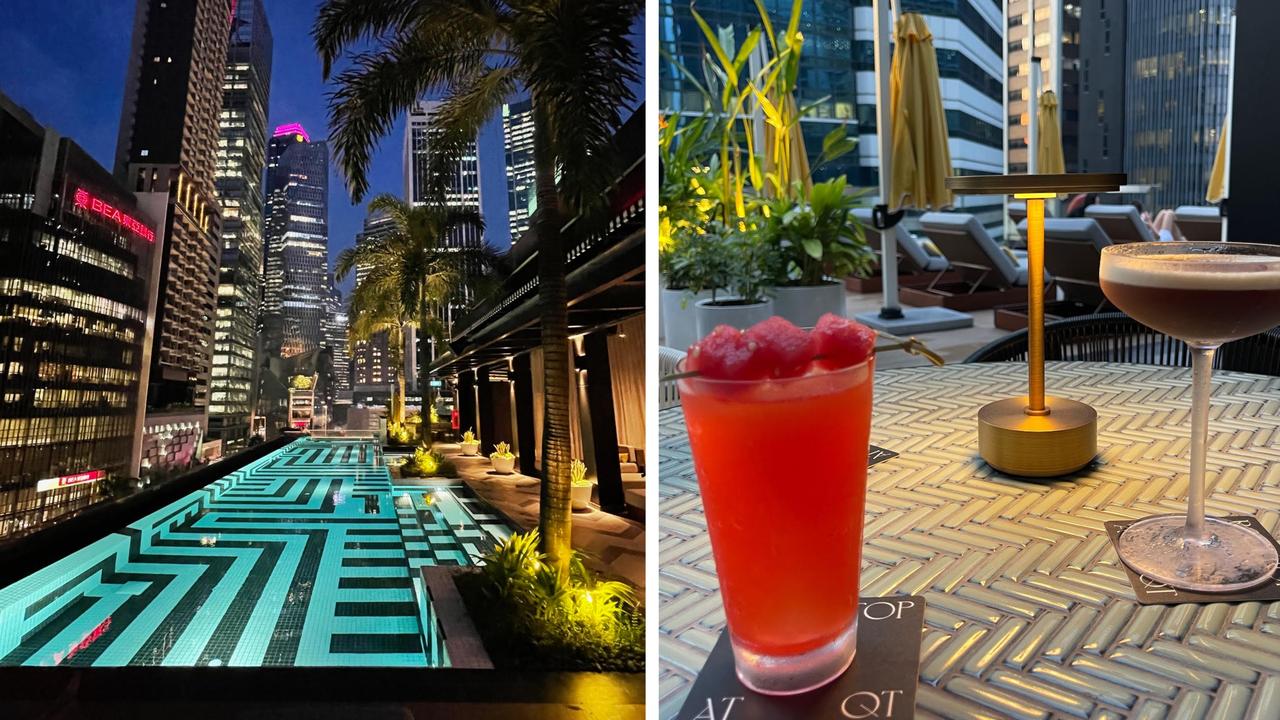Inside Japan’s hidden love hotels
Discreetly tucked away in the alleyways of Japan are 37,000 love hotels, which people can rent for brief intimate acts. And the themes are wild.
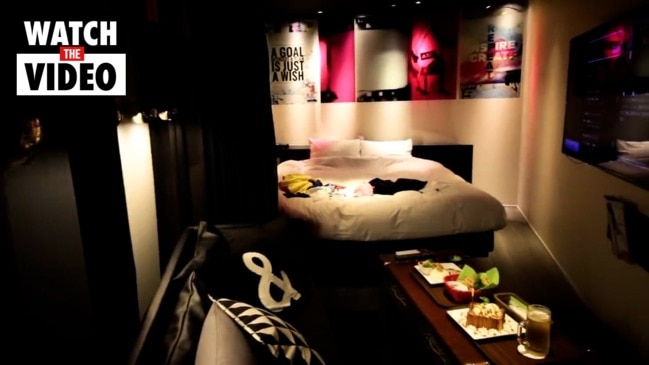
Japan’s erotic side has been well documented.
From tales of vending machines selling women’s underwear to the mega sex toy department stores, the country is fascinating due to its amazing contrasts – on one hand it’s exceedingly well-mannered and polite, and on the other, it’s not afraid to get its kink on. And that kink extends to its accommodation offerings.
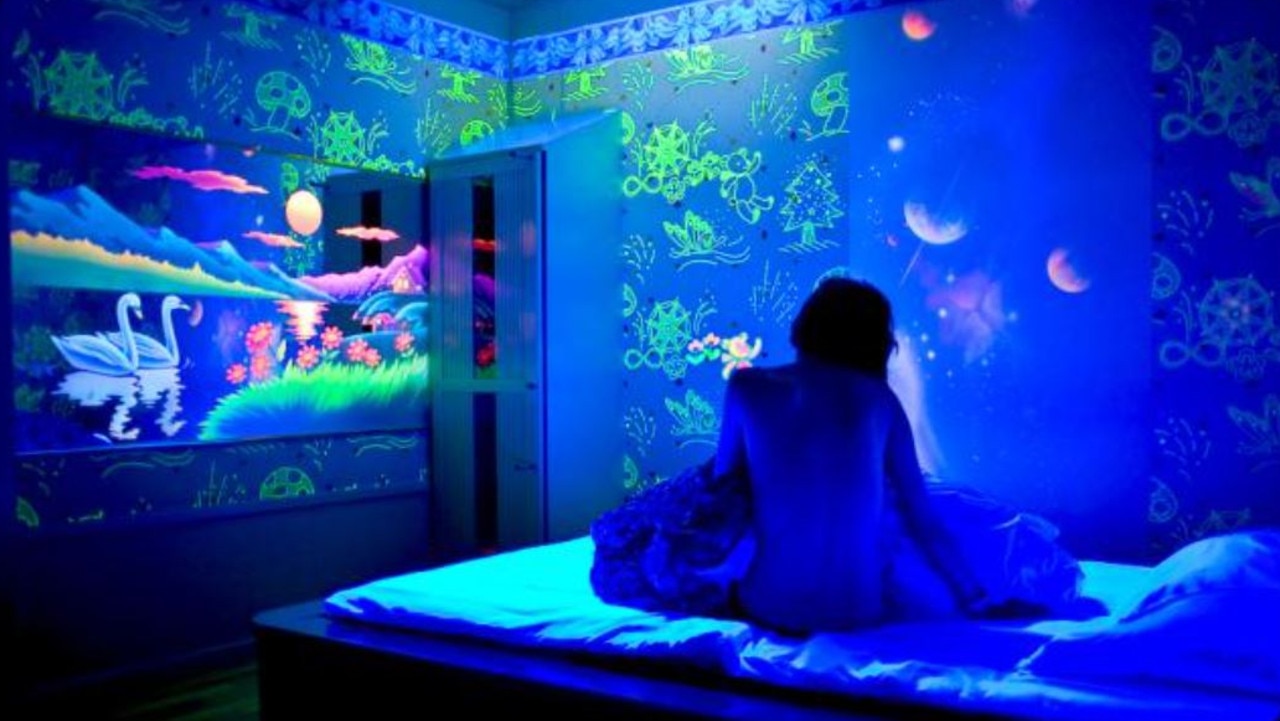
Discreetly tucked away in the alleyways of Japan are 37,000 “love hotels”, with rooms that can be rented overnight, or by the hour for a sexy rendezvous. They started in the 1960s and are now widely used by everyone from young couples to married men and women indulging in affairs.
With fierce competition between the hotels, many have incorporate “themes” into their rooms. They cater to all sorts of fantasies, with decor ranging from fake subway cars and Greek palaces to religious bondage settings and pirate ships.
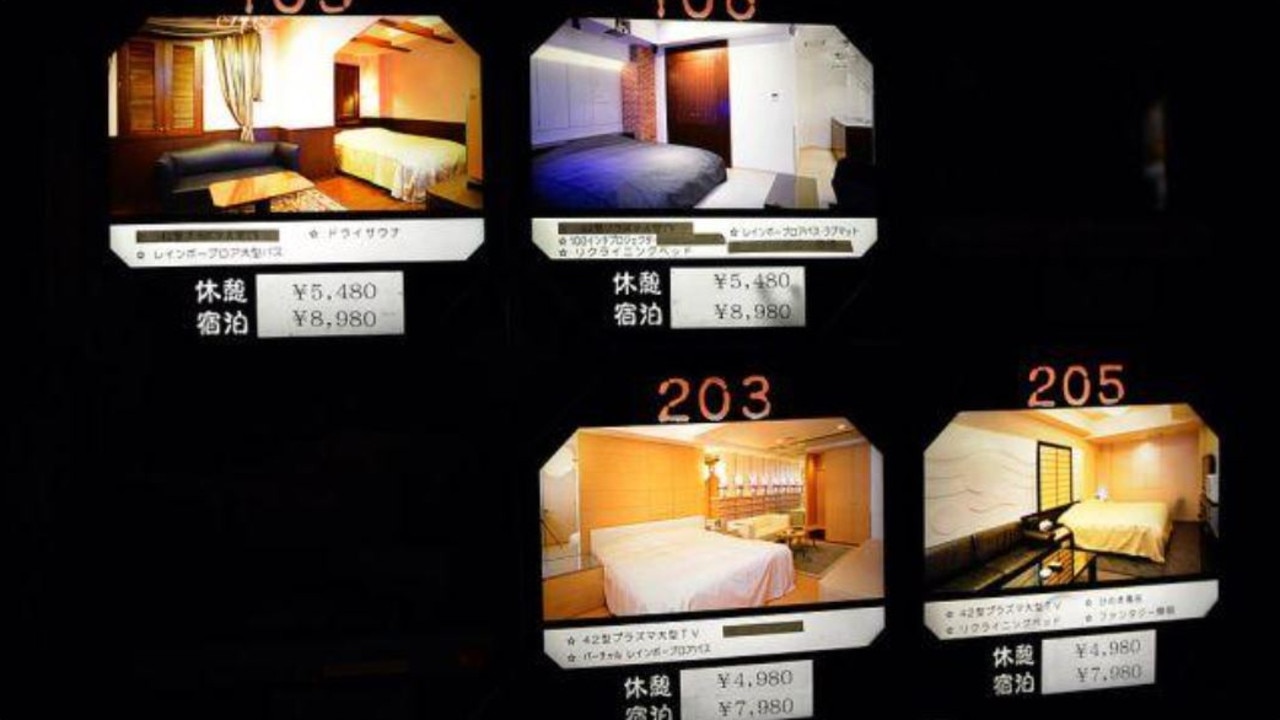
Instead of being greeted by a receptionist, check-in is usually automated for extra privacy. Typically there is a board which shows which rooms are available. If the check-in counter is staffed by a person, the counters will be partially hidden to avoid face-to-face encounters with employees. Traditionally guests are locked in their rooms for the duration of their stay and interact with staff only by a screen or telephone.

With the competition intense, love hotels have come up with all sorts of innovative ways to compete with each other. In addition to the usual competition strategy of offering amenities like videos, rotating beds, costumes or sex toys, some have entered the realm of theme parks. Love hotel themes in Japan include the White House, UFOs, underwater sea scenes, railway cars and cruise ships.

“Part of the theme trend is to make the experience more lighthearted and fun which makes the situation less embarrassing by offering up exotic or funny settings,” photographer John Lander explains.
“This renders the visit into an experience rather than a sordid affair.”
From rooms kitted out like medical clinics where couples can play “doctors and nurses” to grottoes where it is permanently Christmas (like the Hotel Chapel Christmas, pictured above), Japan’s love hotels cater to almost every taste.
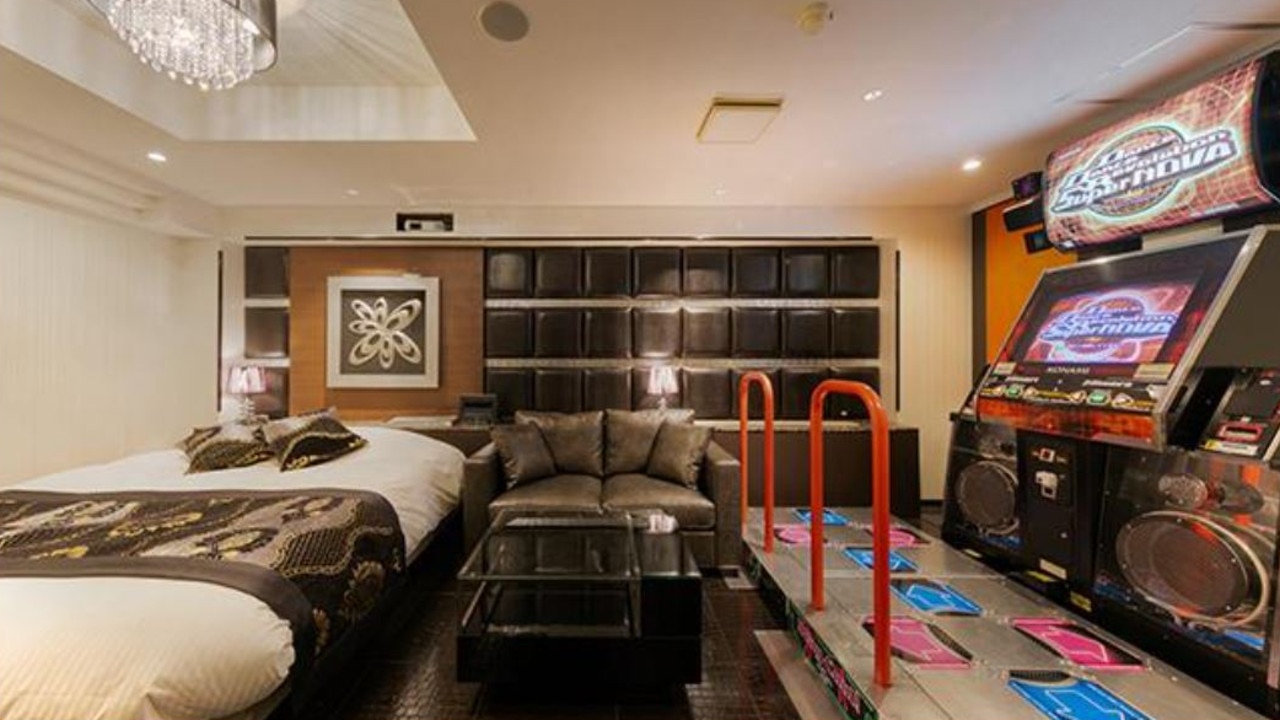
Japan’s famously cramped living conditions and tight family ties were another reason love hotels became popular. Many of them are aimed at young couples who can easily rent a hotel room for a few hours to indulge in activities they’d rather their parents didn’t have to listen to.
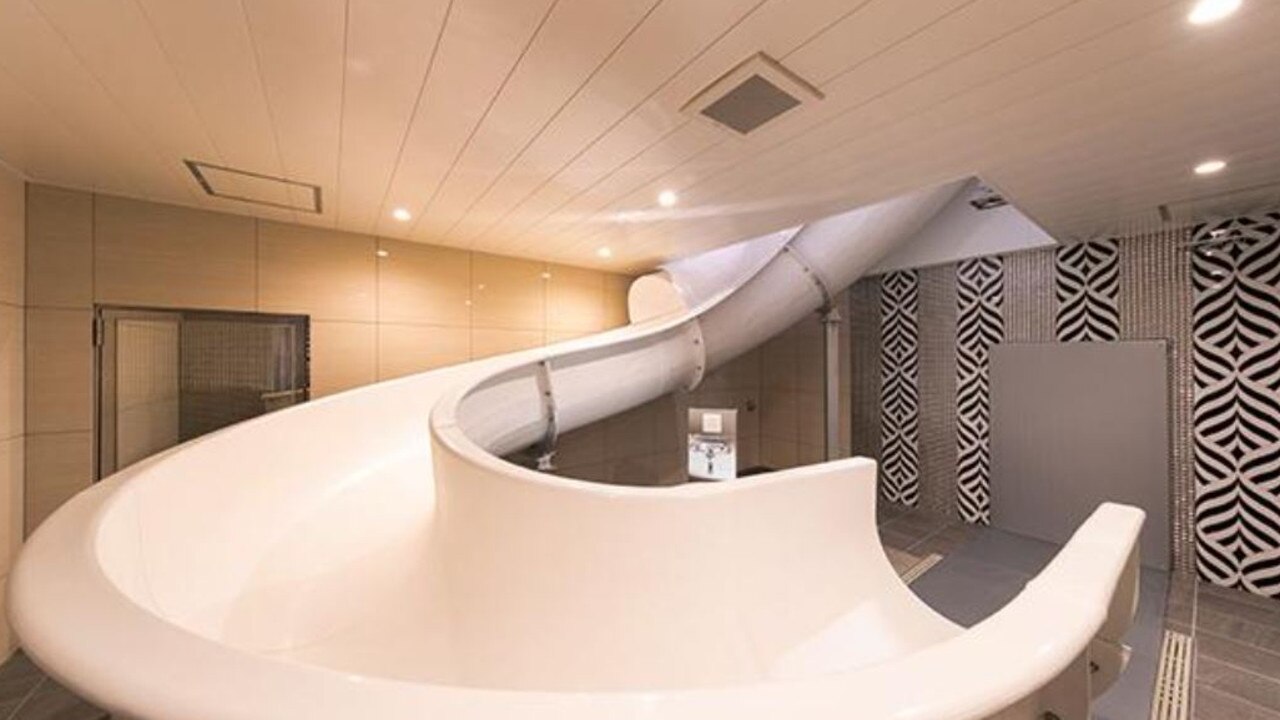

Hilary Keyes at Savvy Tokyo writes that during the economic bubble period in the late ’80s, early ’90s, love hotels boomed and became almost a status symbol date spot.
“Going there with your partner was almost ritualised as a standard date course … The hotels were flourishing and the business competition was fierce,” she writes.
“A friend of mine jokingly said once that many Japanese people in their late twenties to thirties today were probably conceived during a date in one of those hotels.”
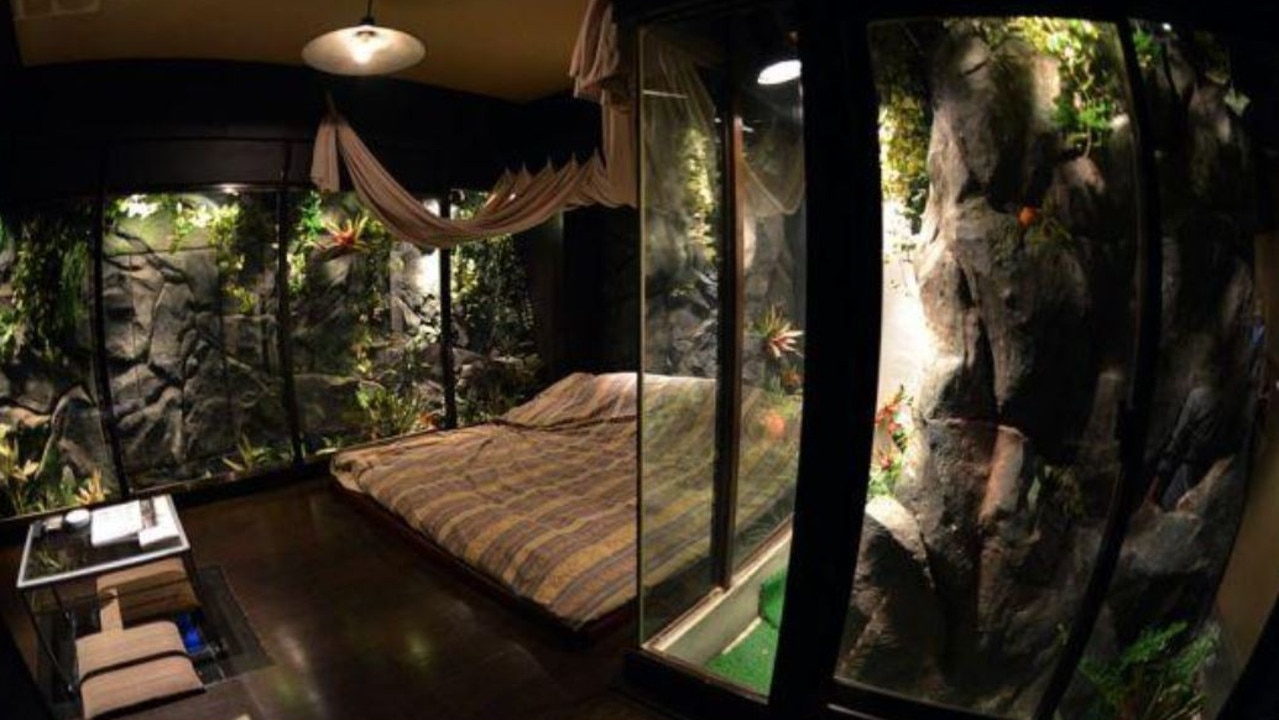
According to British filmmaker Phil Cox, who made a documentary about the inner workings of the love hotels in 2014, they are now also becoming increasingly popular among tourists (particularly those who want to check in or check out outside the standard hotel hours), and as party venues.
He told The Telegraph: “They are not brothels but a space where play, fantasy and escape can be realised. They are not just for sex either, but for dressing up, karaoke, parties … some people even just book out a room to be alone.”
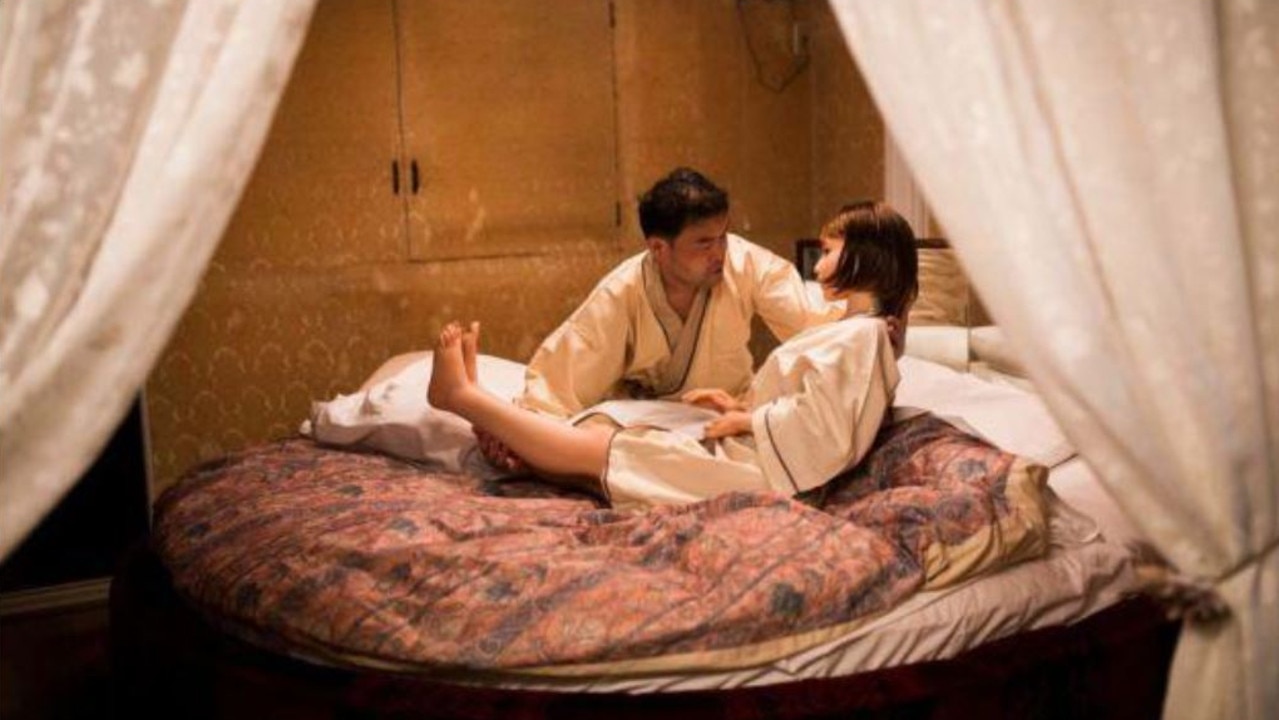
According to writer Katie Dundas, guests pay a flat fee for a “rest” (an hourly stay) or a “stay”, which means an overnight stay. “Soap, shampoo and condoms are generally complimentary, but you’ll also find quite a few unusual add-ons to your stay, such as adult movies, sex toys, massage devices, room service or extra towels. The hotel usually has a menu that lists all the available extras and their cost.”
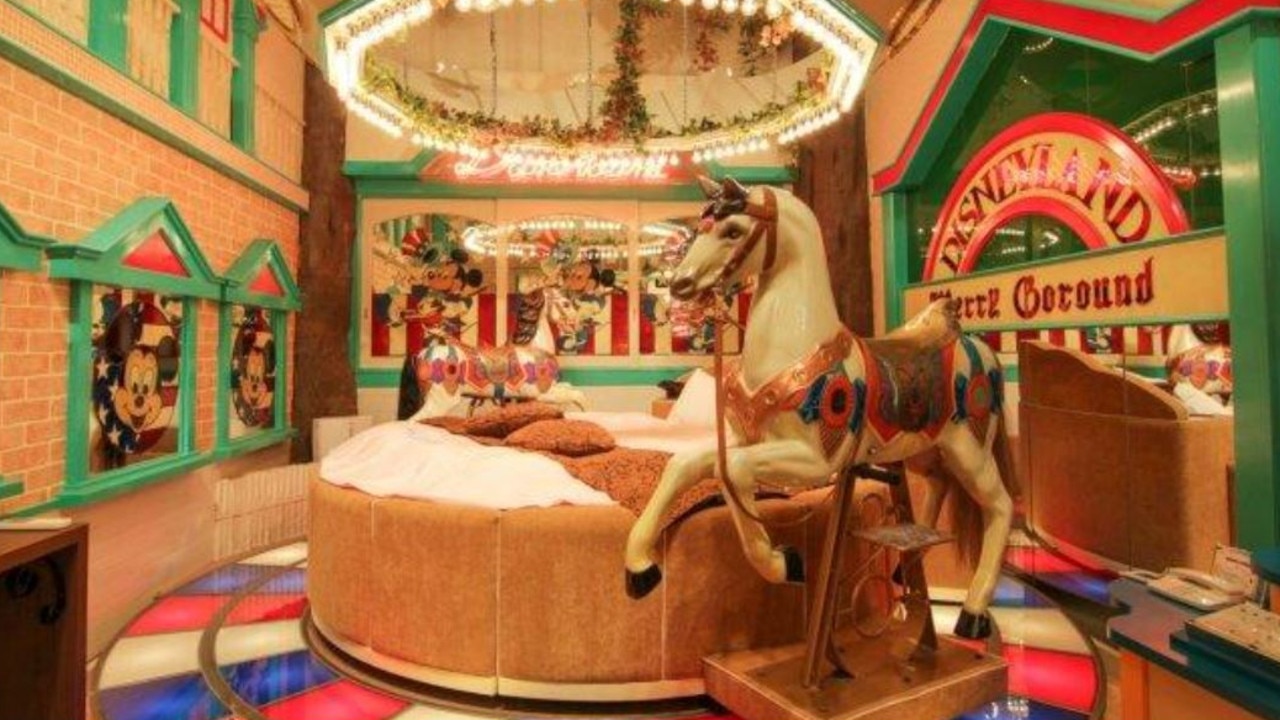
Love hotels wanted to be distinguished from your standard bed and breakfast and aimed to be a place to escape the real world, offering guests a change of scenery,” writes Lisandra Moor at Tokyo Weekender. “This is where designers went all out with decor. At the height of their appeal, they were so appreciated that they were featured in magazines.”
“Nowadays, love hotels have also become popular spots for hosting joshikai (girls’ parties) or serving as a photo shoot studio for cosplayers who might require a very specific type of set,” Moor says.
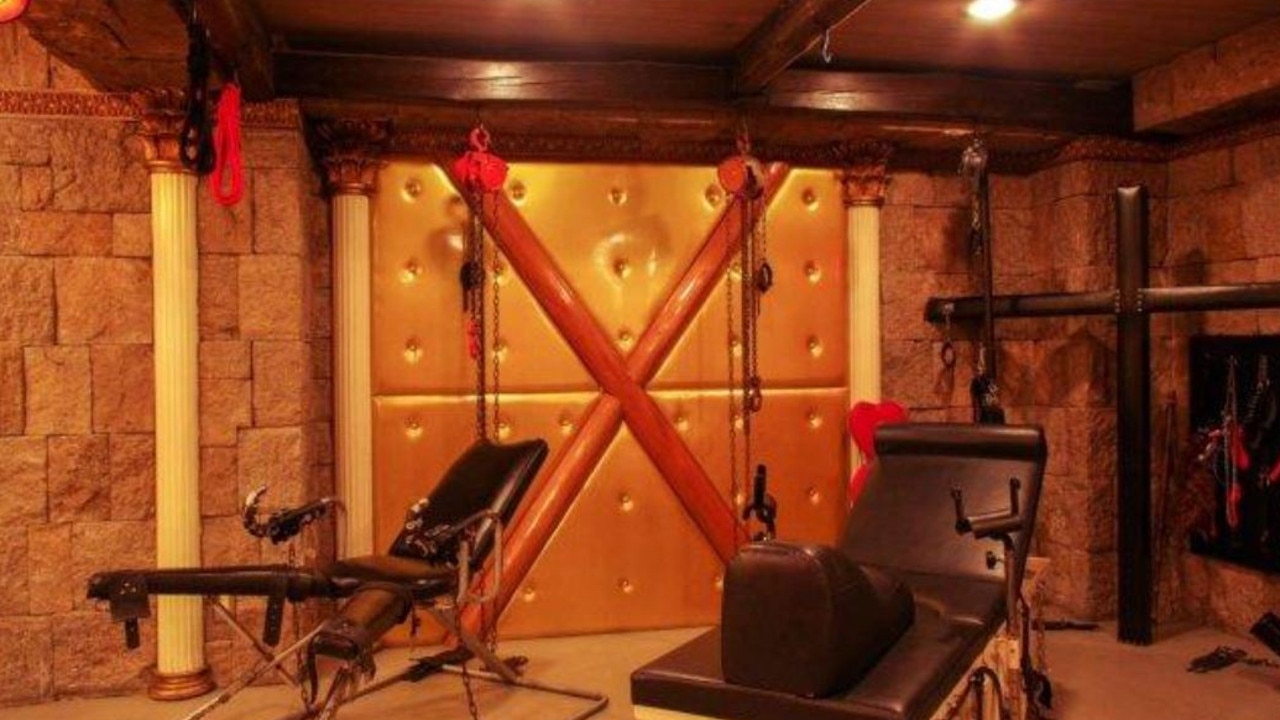
While many of the hotels are cute and fun, some of them have a slightly darker theme. Hotel Alpha-In is heavily BDSM themed. It’s located in Azabu-juban, an area where many of the embassies are located and is thus very much loved by both Japanese and foreign residents.
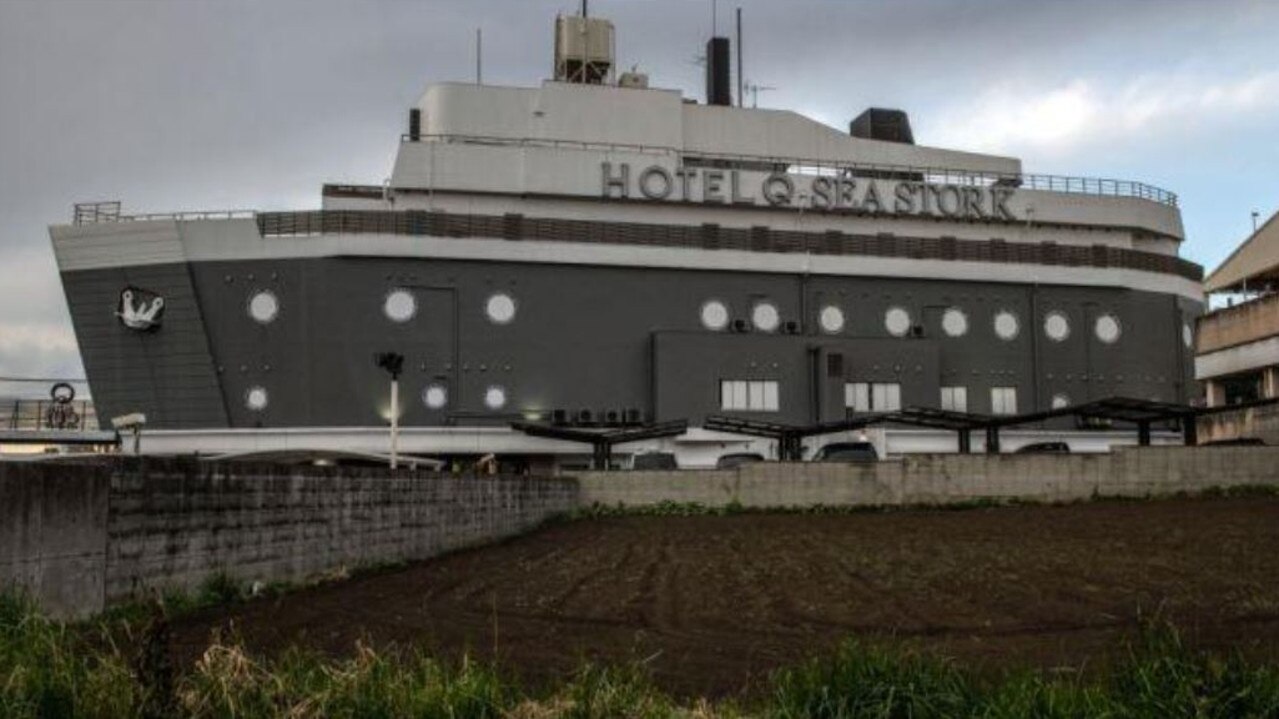
The hotels are not just restricted to big cities like Tokyo. Above is The Hotel Q Sea Stork, shaped like a cruise ship, looming over a small field in Machida, Japan.
In recent years, love hotels have become places where cultures collide. While locals continue to visit them as they always have, international travellers are also booking them online without knowing quite what to expect.
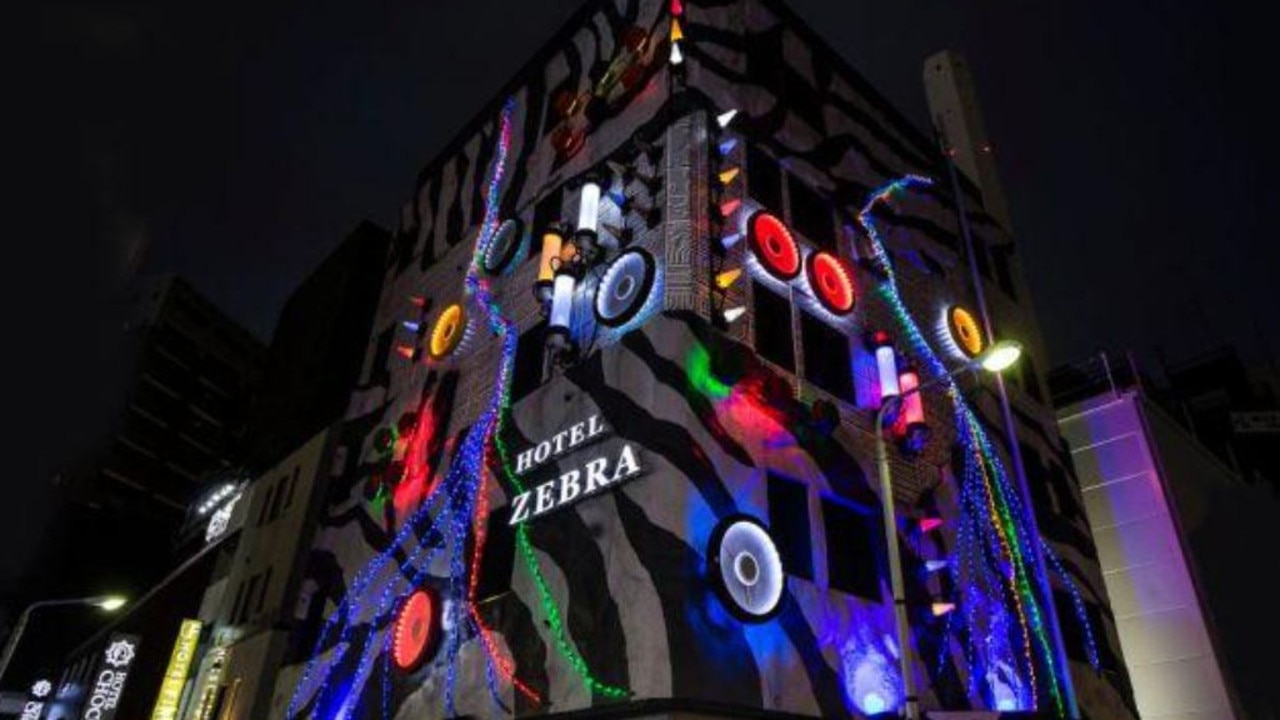
With less restrictive rules on movement than many other countries, Japans love hotels have fared relatively well during the Covid-19 pandemic.
However, in a country where, according to government research, over 40 per cent of men and women aged 18-34 have never had sex and with its current population of 126 million forecast to plunge one-third by 2060, the nation’s multi-billion dollar love hotel industry is likely to face an uncertain future.
Indeed, many of the love hotels were converted into more “traditional” hotel accommodation in preparation for the influx of tourism over the Tokyo Olympics.
This article originally appeared on Escape and was reproduced with permission


